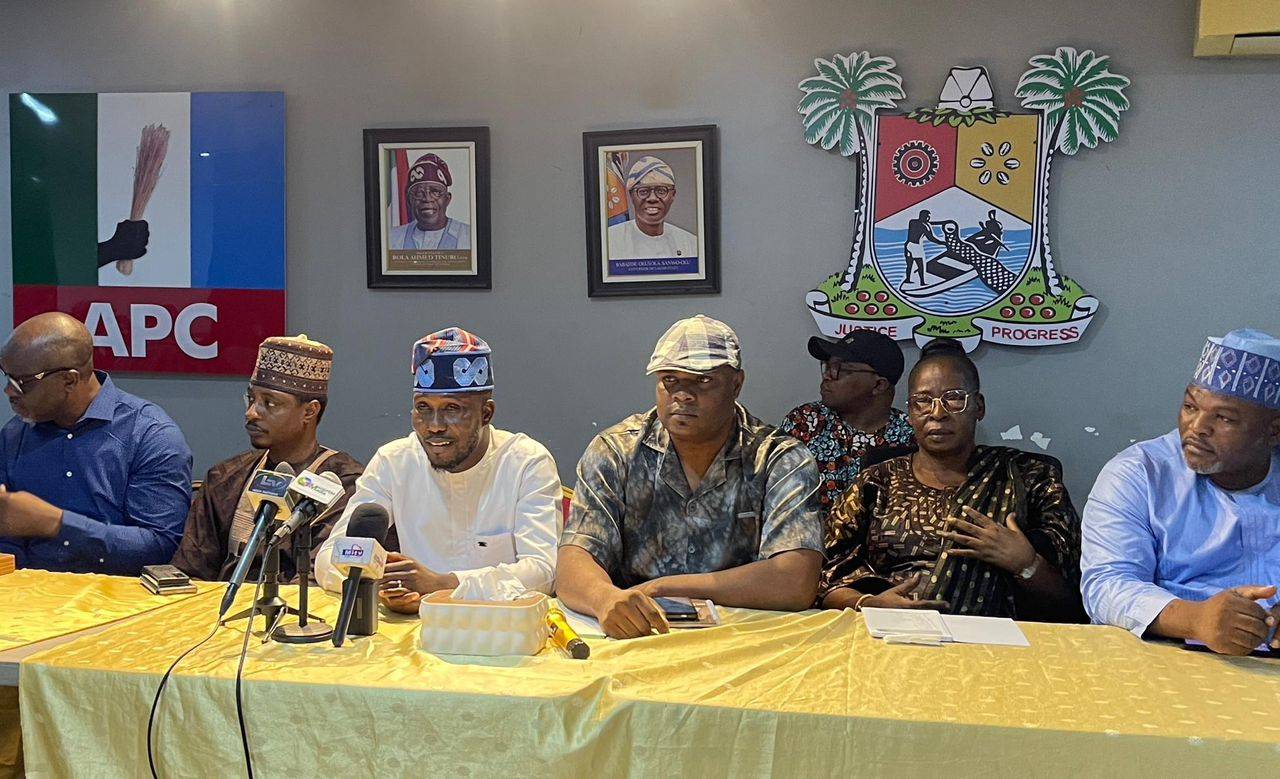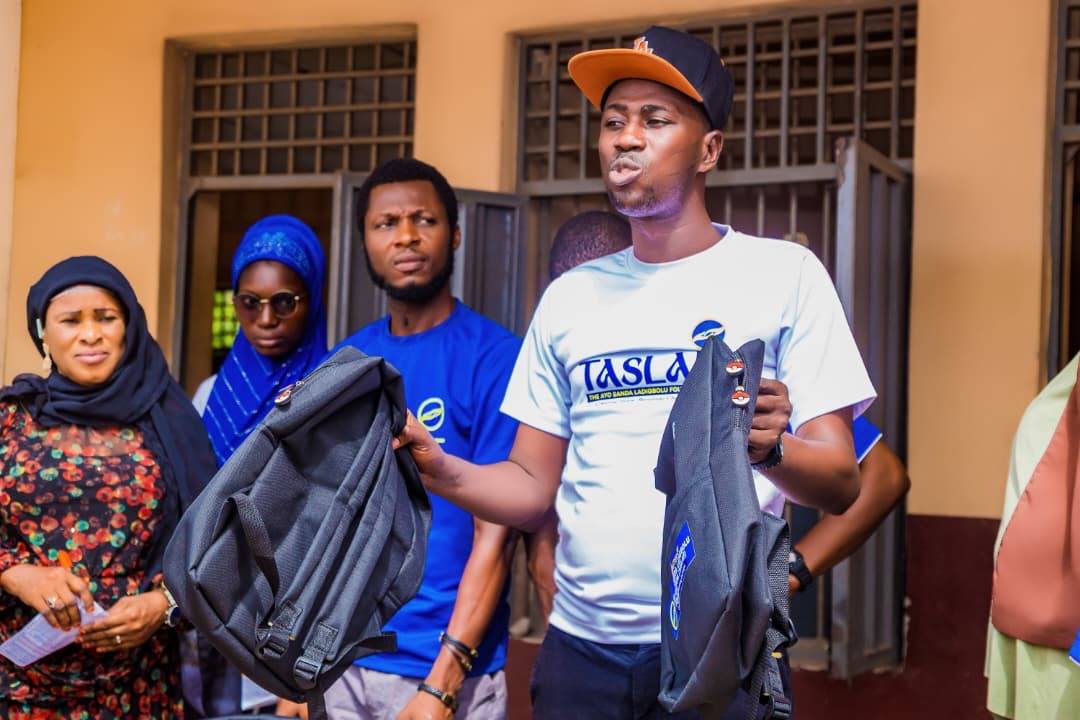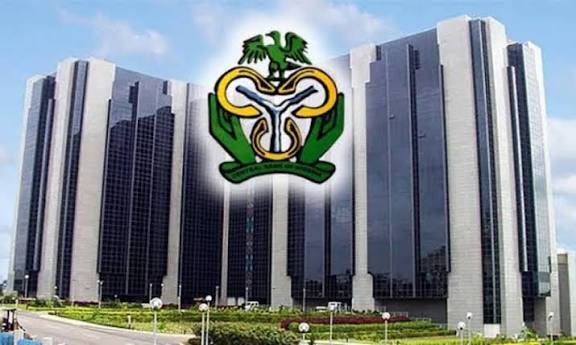Jide Oluwajuyitan
Miracle-seeking Nigerians, who had endured 16 years of PDP corruption, saw in Buhari a messiah and gave him a pan- Nigerian mandate. But Buhari, ignoring Kwame Nkrumah’s admonition: “seek first the kingdom of politics and the rest shall be added,” was outwitted by politicians.
And politics, often defined as “who gets what, when and how,” is all about interest. The Yoruba that aided his ascendancy to power after three heroic failures did so because they wanted a restructured Nigeria where groups and individuals will be liberated from the tyranny of the state. The people of the middle belt region of Nigeria, regarded by Ahmadu Bello as his grand-father’s slaves, after decades of attack by his descendants who lust for their luxuriant fields and valleys, saw in Buhari a leader who would bring justice.
The north east saw in Buhari a tested war hero who would put to flight Boko Haram insurgency. Of course, the north west, especially members of Miyetti Allah Cattle Breeders Association (MACBAN), whose demands include the right of Fulani to engage unhindered in open grazing across the country, saw in Buhari another Ahmadu Bello who deftly achieved his grandfather’s dream of planting the Quran in the sea and dividing Nigeria between his two trusted lieutenants.
Even the south-south and south east that did not vote for Buhari did so out of self-interest. The former, protesting the conspiracy of the Hausa, Igbo and Yoruba dominant ethnic groups’ rejection of derivation as the basis for revenue allocation, as obtained before oil was found in commercial quantity, and the latter over their humiliation by Fulani during and after the civil war.
But blinded by victory, Buhari’s “I belong to no one, I belong to everyone,” was to isolate those on whose back he rode to power. And since there is no vacuum in nature, those serving other tendencies in his government and war lords are left to set the agenda for Buhari’s government. Thus, the Niger Delta militants, through violence, oil theft and outright sabotage, brought oil production from all high 2,300 barrels to about 850 barrels per day while IPOB seized the initiative from the elected south east governors and implemented their sit-at –home order every Monday.
And while Buhari was busy in the north east, bandits, kidnappers and Fulani killer herdsmen took control of north central and north western states. In 2016, “Plateau, Nasarawa, Kaduna and Benue recorded 2,500 deaths, with 62,000 people displaced; and the loss of N13.7 billion in addition to 47 per cent of the internally-generated revenue.” Then the battle shifted to the north western states of Zamfara, Katsina and Sokoto where bandits described by Sheikh Gumi as “aggrieved Nigerian Fulani” visited violence on the Hausa farming communities.
Despite Niger State being the home state of two former heads of state – Ibrahim Babangida and Abdulsalami Abubakar – bandits operated unchallenged in 18 out of the 25 local government areas of the state. In 2016, 36 bloody attacks were carried out in about 70 communities across three local government areas of the state with over 50 people reportedly killed after payment of huge ransoms.
Justifying the call for Buhari’s resignation over insecurity in the north, The Northern Elders Forum said they could not “continue to live and die under the dictates of killers, kidnappers, rapists and sundry criminal groups that have deprived us of our rights to live in peace and security.” This was followed by a whirlwind of protests all over the north dovetailing into #Northisbleeding Abuja protests calling for a declaration of a state of emergency in the frontline states of Niger, Sokoto, Zamfara, Katsina and Kaduna.
Of course, Buhari who insists he has done his best indeed made some giant strides in the area of infrastructural development with massive investments on roads, bridges and rail lines. But those who will determine Buhari’s legacies are Nigerians whose appeals for a peaceful resolution of ‘the national question’ was rejected by a leader who arrogates to himself the power to know what the people want without asking them.
Perhaps now conscious of the judgement of history, Buhari while hosting guests at the final Sallah homage in Abuja last week asked for the forgiveness of Nigerians. “Those that think that I have hurt them so much, please pardon me.” “I think this is a very good coincidence for me to say goodbye to you and thank you for tolerating me for more than seven and a half years,” he added.
But how sincere is this belated apology? Let us start with Godwin Emefiele, Buhari’s last scourge and whipping cane for Nigerians. Regarded as the worst Nigerian CBN governor, the House of Representatives had wanted him sacked over his FOREX policy while Pastor Tunde Bakare who saw the CBN under Emefiele as “a conduit pipe for politicians to drain the nation” called for his prosecution wondering how “as CBN governor a two paragraph letter to Emefiele, by Col. Sambo Dasuki (retd.), become the authority to incur expenditure leading to cash flow of $37m and several million euros.”
Then, wanting to contest for Nigeria’s presidency as CBN sitting governor, Emefiele bought the N100m APC nomination form, allegedly brought in some three aircraft and about 500 branded campaign vehicles, had some confused youths clad in white T-shirts with the inscription MEFFY 2023 moving around Lagos. and then went on to hire Chief Mike Ozekhome to defend his constitutional right to contest the presidency as a sitting CBN Governor.
Then Nigerians forced to deposit their savings in the banks in the name of currency swap could not access their savings. With people dying on queues and banks’ staff coming under physical attack of frustrated depositors, the Supreme Court gave an order which Emefiele disobeyed. Buhari watched Nigerians experience unprecedented hardship for three weeks before denouncing Emefiele’s disobedience of court order.
Abubakar Malami, the Justice Minister, did not only wage war against Nigeria, he undermined the legitimacy of Buhari’s presidency by his frequent disobedience of court orders. This is a Justice Minister who tried to smuggle a wanted fugitive offender through the back door to the bureaucracy, who failed to prosecute Fulani mindless killers of Benue farmers as well as terrorist sponsors identified by Saudi Arabia.
With orgy of killings in the north, this was a Justice Minister who was more interested in sting operations to capture and fly Nnamdi Kanu from Kenya for “inciting violence through television, radio and online broadcasts against Nigeria” and midnight invasion of the residence of the Yoruba activist, Sunday Adeyemo, because “he and his group, in the guise of campaign for self-determination, are determined to undermine public order.”
Not many Nigerians would forget their ordeal during COVID-19 as millions of Nigerians struggled to meet Minister Pantami’s deadline for registration of SIM cards. The nation also became a victim. As a former Al-Qaeda and Taliban sympathizer, Dr Isa Ali Ibrahim Pantami was thought to be a wrong person to handle the NIN project. Even when it turned out that instead of disrupting terrorists’ communication activities, what the nation experienced was more coordinated terrorists’ attacks on rail lines, airports and military formations, President Buhari, who behaves like a feudal lord, did not think he owed Nigerians any apology.
As a deeply religious nation, Nigerians will no doubt accept Buhari’s apology. But they will also remember the buck stops at the table of Buhari, who after seducing them for votes, left them at the mercy of unprincipled politicians among whom truthfulness, honesty and probity are scarce commodities.











